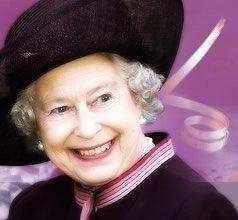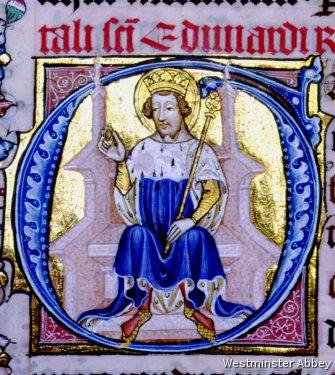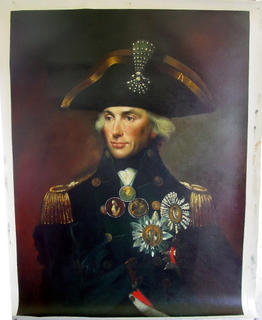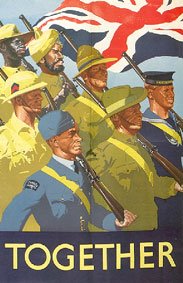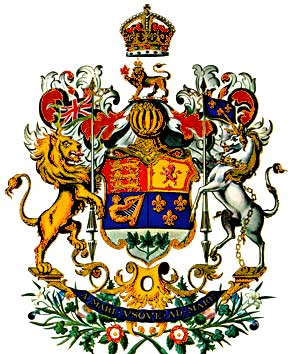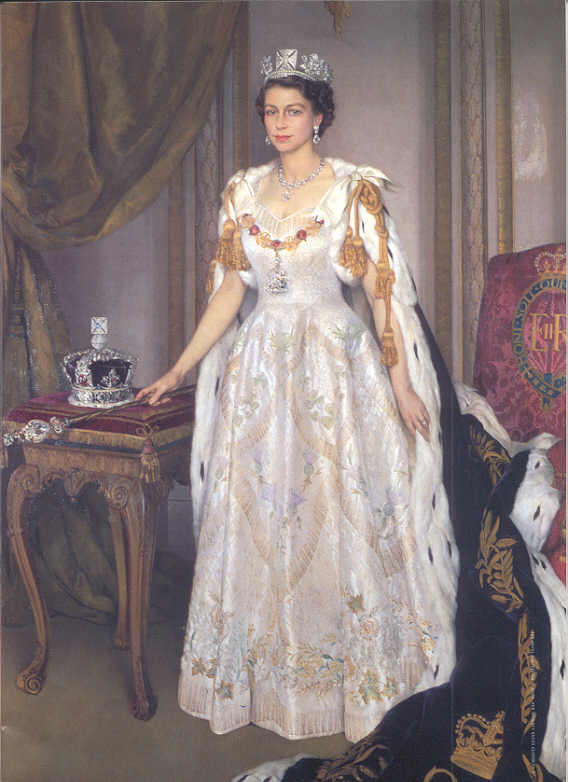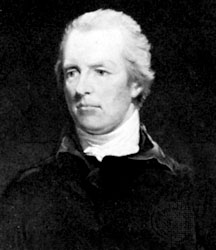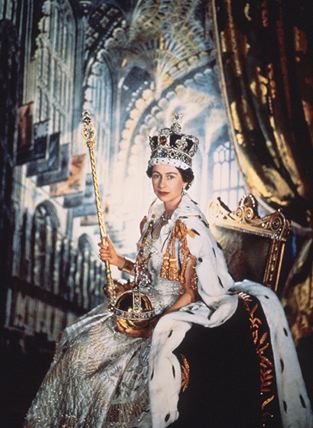[+] HONOURING OUR PATRON, SIR WINSTON CHURCHILL, VICTOR OF THE ENGLISH-SPEAKING PEOPLES
[+] HONOURING OUR QUEEN, ELIZABETH THE SECOND, ON THE 80TH YEAR OF HER BIRTH (1926 - 2006)
[+] HONOURING OUR KING, SAINT EDWARD THE CONFESSOR, ON THE 1000TH YEAR OF HIS BIRTH (1005 - 2005)
[+] HONOURING OUR HERO, LORD NELSON, ON THE BICENTENNIAL OF THE BATTLE OF TRAFALGAR (1805 - 2005)
[+] HONOURING OUR SONS, THE QUEEN'S COMMONWEALTH SOLDIERS KILLED IN THE 'WAR ON TERROR'
[+] HONOURING OUR VETS ON THE 150TH ANNIVERSARY OF THE VICTORIA CROSS (1856 - 2006)
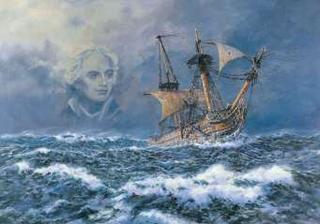 The great fallacy at the heart of multiculturalism is the idea that all cultures are equal and possess qualities and virtues that are of inherently equal value. This presumption is basically akin to what the proponents of appeasement believed: namely, that all nation-states value peace equally and are equally disposed to ensuring its outcome. History, to say nothing of common sense, shows these presumptions to be dead wrong.
The great fallacy at the heart of multiculturalism is the idea that all cultures are equal and possess qualities and virtues that are of inherently equal value. This presumption is basically akin to what the proponents of appeasement believed: namely, that all nation-states value peace equally and are equally disposed to ensuring its outcome. History, to say nothing of common sense, shows these presumptions to be dead wrong.The bicentennial of the Battle of Trafalgar reminded me of this after reading Adam Nicolson's "Four and a half hours that changed the world" in Friday's National Post (article way back on page 24 in the print edition). Neither the Globe and Mail nor the Toronto Star, the two most widely read dailies in Canada, thought to even take a moment to report it, and consider the consequences for the English-speaking world had such a crucial battle gone differently. Having invented multiculturalism back in the early 1970s, Canadians are now too weak-at-the-knees, politically ashamed to remember and celebrate their predominantly Anglo-saxon heritage.
But the remarkable thing that Nicholson wrote was contained in his last sentence: "Trafalgar...was not only a meeting of fighting men, but a meeting of cultures." As this was also a determining influence of the battle's outcome:
The Spanish, products of a country still largely stuck in a pre-modern, aristocratic ideology, behaved with dignity and courage but little effectiveness. Their vast and beautiful ships, commanded by grandees who had no idea how to sail, for whom a good defeat was just as good as a victory, and largely manned, as one of their officers said, "by peasants and beggars," were mashed by their more professionally staffed British enemy.
Half the French fleet, acting to the strictly authoritarian codes of the Napoleonic navy, looked for signals from their admiral which never came or were invisible through the smoke, and so sailed away from the battle, irrelevant to it.
Only the British, driven by zeal and their hunger for prize money -- (ps)10,000 for each captain, perhaps the equivalent of US$2-million today -- thrived as the entrepreneurs of this most savage form of battle. It was battle as market, a place in which Britons already imbued with a distinctly modern, Atlanticist set of values -- commercial, libertarian, amoral and aggressive -- would be sure to emerge the victors.
That is one of the most striking aspects of Trafalgar: the deep, underlying and persistent differences between British, French and Spanish frames of mind appear to have been the governing factors which decided who won and who lost.
So there you have it. Not to sound overly ethnoculturally chauvinistic or anything, but the British won because, well, they were British. They were possessed of certain attributes that were, on the whole, superior to their enemies and thankfully prevailed because of it. Gerhard Schroeder can rail against the Anglo-saxon economic model all he wants, but at least it has one thing going for it: it works. Just like our stable structure of government and, in spite of multiculturalism, our still very highly assimilationist civic societies. Our strengh as a culture is that we are the most open, free, moderate and inviting society on the planet. Our weakness is our fanatical level of tolerance, that we are prone to tolerating the intolerable. The French and even the very liberal Dutch seem to be imbued with more common sense than us in this regard. Did you hear? They now have a Minister of Integration. Barring some extraordinary event, there's just no way that would ever happen in Canada.


